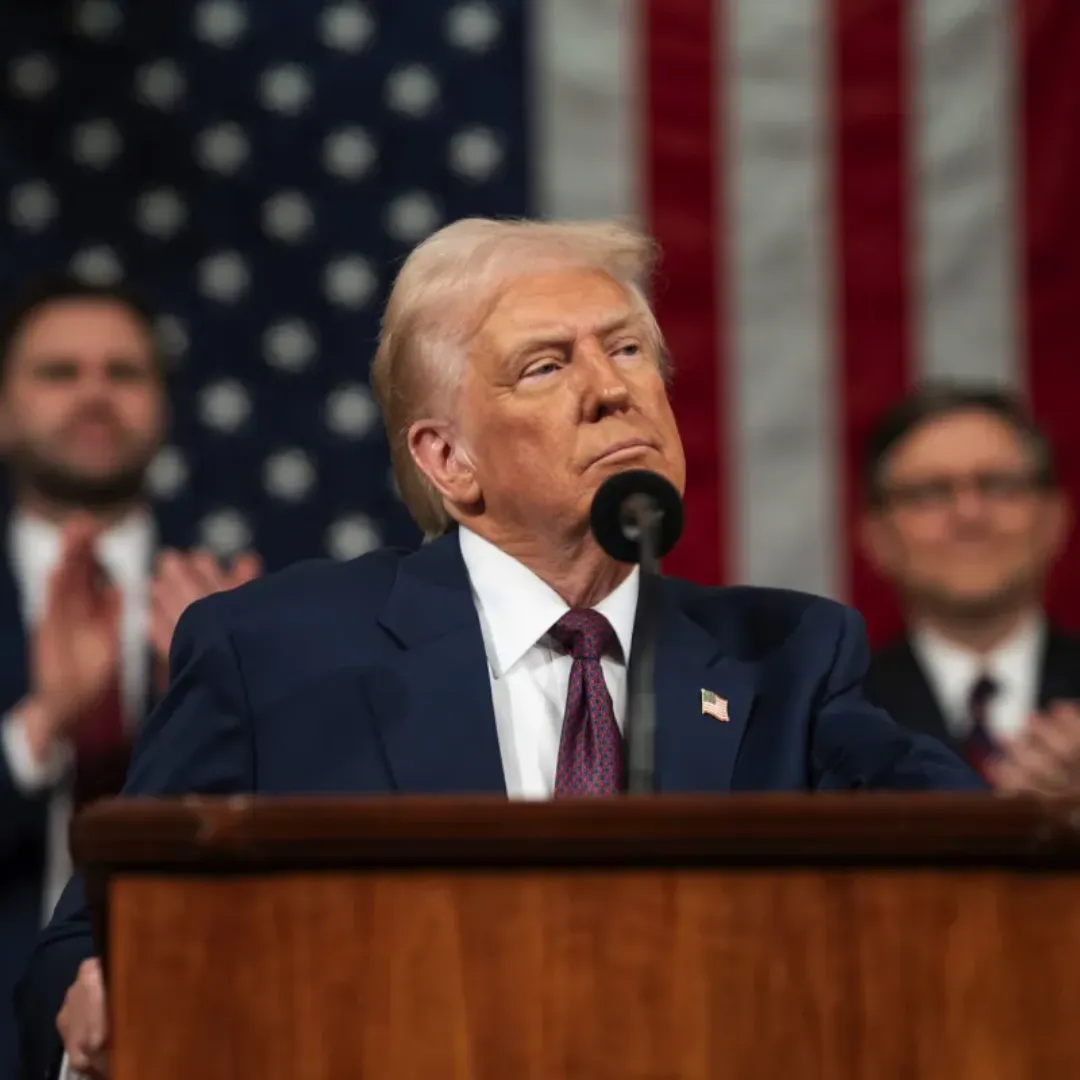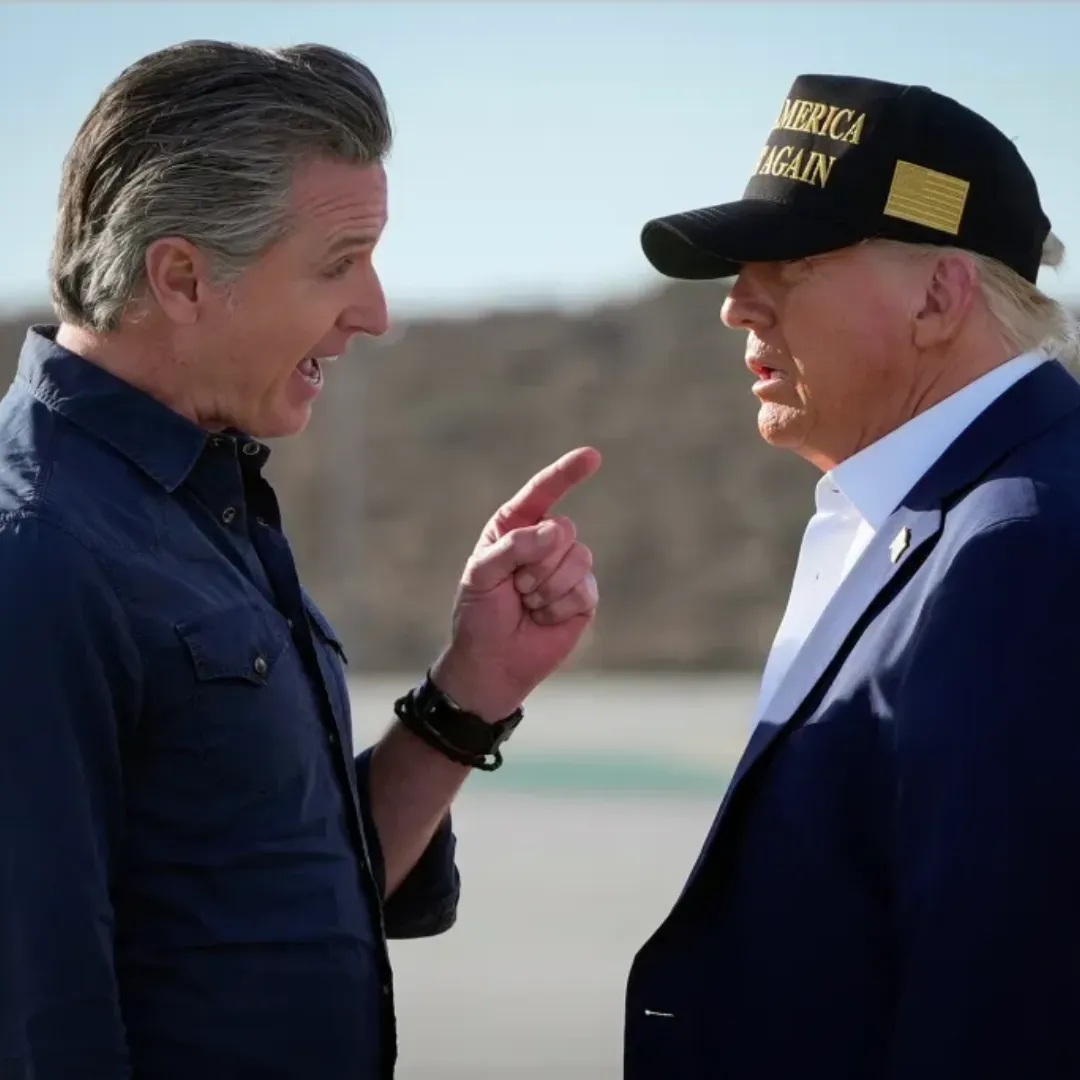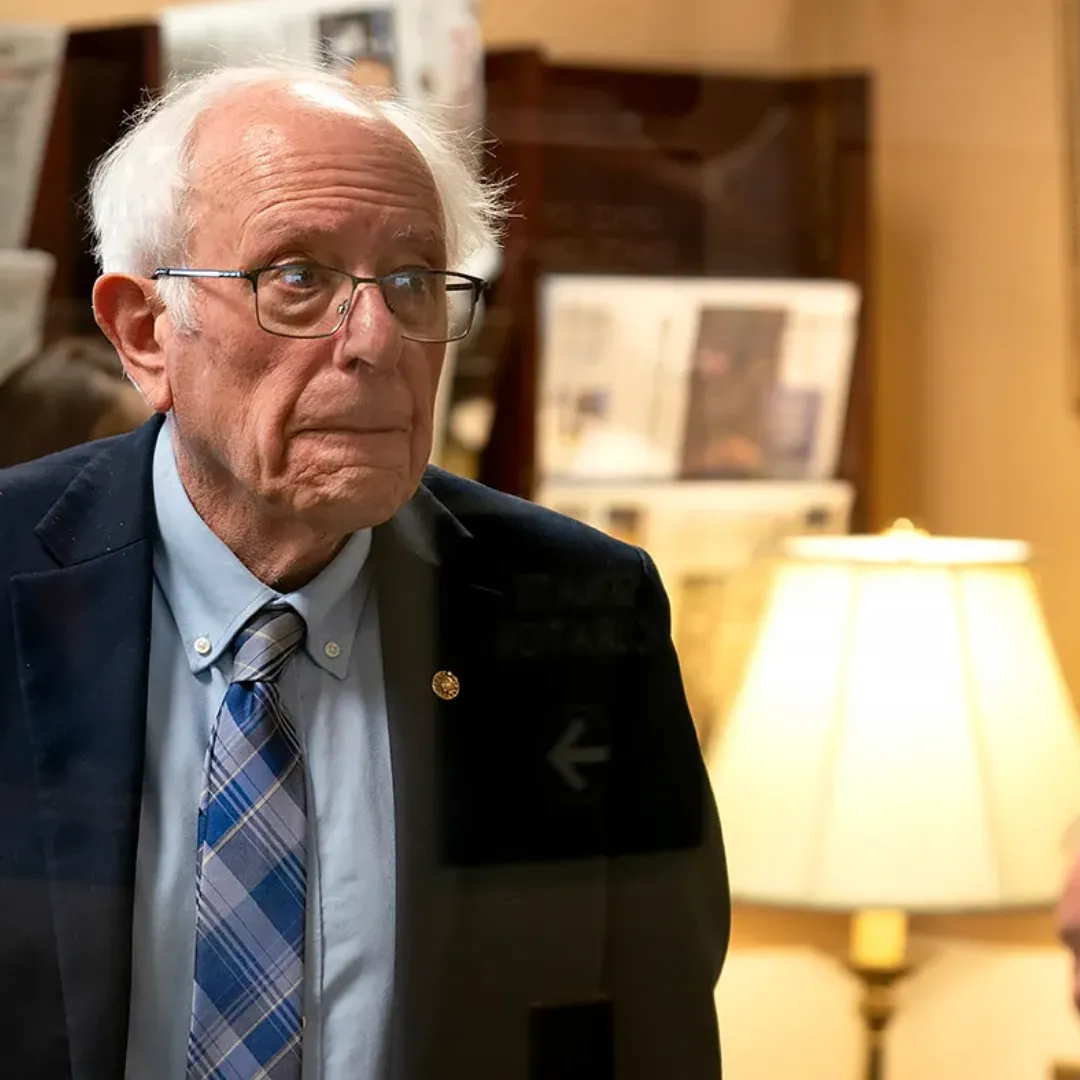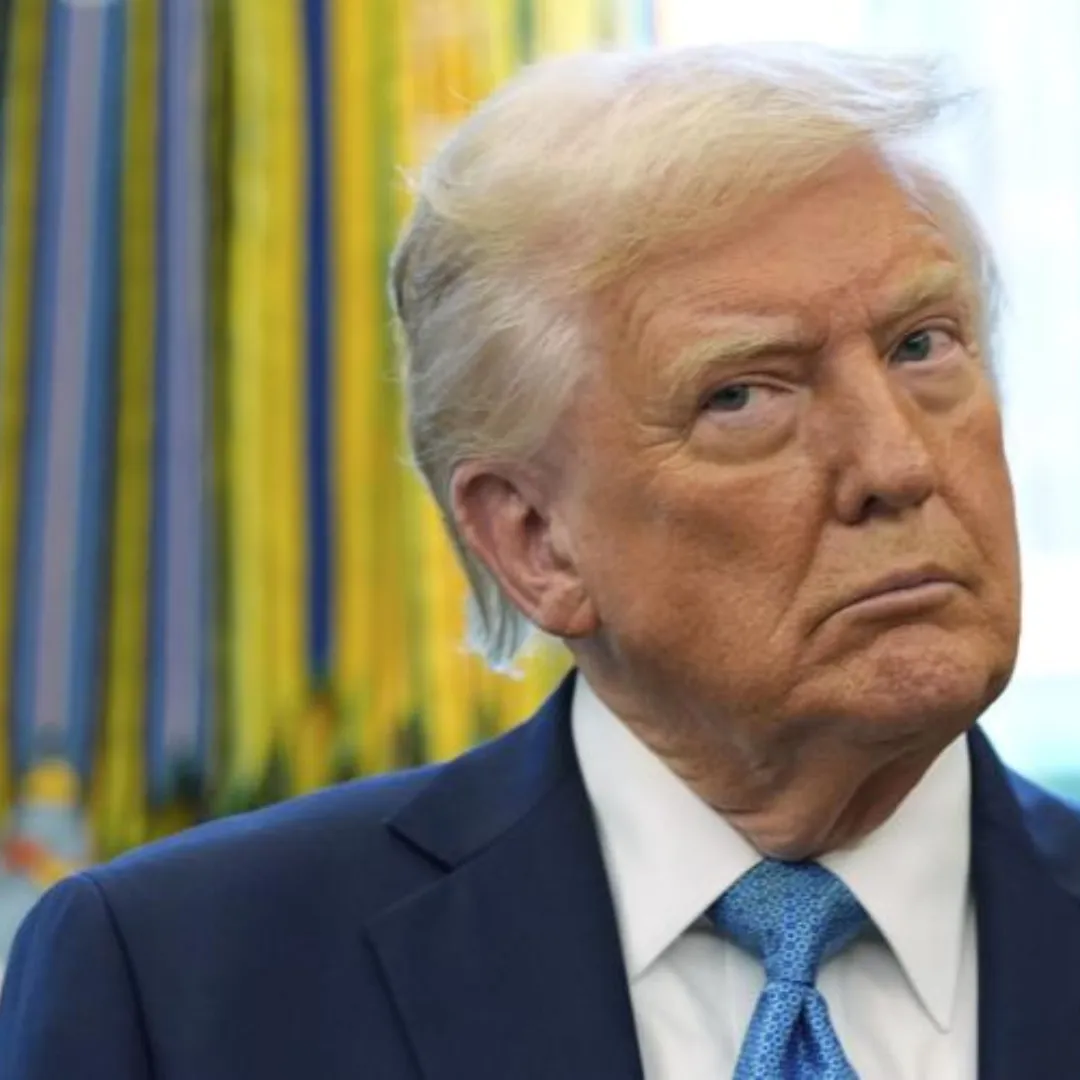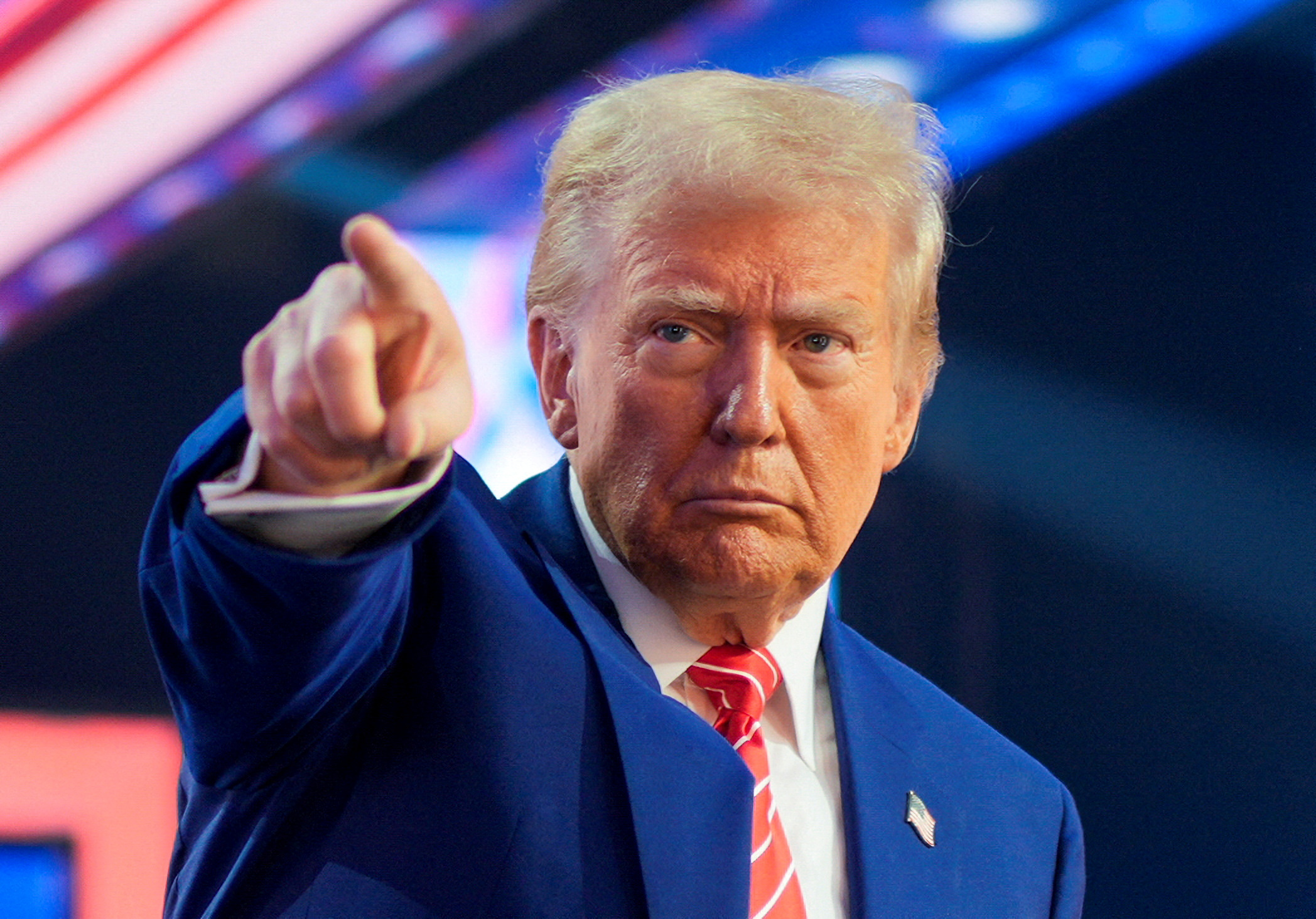
As we approach the 250th anniversary of the founding of the United States, it is an appropriate time to reflect on the vision our founders had for our republic.
Central to their belief in the vitality of the young nation was the idea that an educated public was not a luxury, but rather the very foundation of a healthy democracy.
This vision, one that stresses the importance of an informed, engaged citizenry, remains as urgent today as it was two and a half centuries ago. Yet today, we find ourselves at a pivotal moment when this foundational principle is under threat.
President Donald Trump has issued an executive order that could undermine one of the most trusted and vital institutions in American civic life: public media. This effort is part of a broader trend of questioning the role of institutions that have long been seen as pillars of democracy.
Public media, especially the Corporation for Public Broadcasting (CPB) and its member stations, has historically offered Americans a unique space where truth, education, and shared experience come first, free from commercial influence. Now, however, that very existence is at risk.
Some lawmakers, particularly within the Republican Party, have tried to justify this attack by framing public media as "anti-American" or as a partisan tool.
This argument not only misrepresents the true role of public media but also distorts the core values that have made PBS and other public broadcasters such an integral part of our national fabric.
In truth, public media represents one of the most American of institutions—a place where people from all walks of life can come together to learn, reflect, and engage with the most pressing issues of their time.

PBS, founded more than 50 years ago, has been an essential part of American life. From its earliest programs like Sesame Street and Mister Rogers' Neighborhood to its more recent explorations of American history, science, technology, nature, and the arts, public media has been an indispensable resource for education and civic engagement.
These shows, along with thousands of hours of other content, have given Americans a space to explore their shared history, celebrate their culture, and engage in serious discussions about the challenges facing the nation and the world.
In doing so, public media has created a powerful platform for learning and dialogue, one that transcends partisan divides and brings people together through truth and education.
The idea that public media is a tool of partisan politics is a misconception that needs to be corrected. Public media is not, and should not be, beholden to any political ideology or commercial interest.
It is a public good that reflects the diversity of the American experience and serves as a trusted source of news, educational programming, and cultural enrichment.
The battle over public media is not about ideology—it's about protecting a space where truth can flourish without the pressure of commercial interests or political manipulation.
Ken Burns, the renowned filmmaker who has spent more than four decades chronicling the American story, is one of the many voices speaking out in defense of public media.
As President and CEO of PBS, Paula Kerger has seen firsthand how local stations empower citizens through fact-based journalism, educational programming, and forums for civil discourse.

Together, they both recognize that public media is one of the last places where Americans can come together to learn—not just about their past, but about each other.
One of the most compelling reasons to support public media is its extraordinary return on investment. The Corporation for Public Broadcasting operates on just $1.60 per citizen, per year, a minuscule cost compared to the immense value it provides.
This funding supports over 330 local stations across all 50 states, many of which serve rural or underserved communities. These stations are not luxury items; they are lifelines.
They provide critical services such as early childhood education, emergency broadcasting, lifelong learning opportunities, and trusted news coverage. In many areas of the country, especially where commercial media has all but disappeared, these stations are essential to keeping people informed and connected.
Public media’s role as a provider of trusted news is especially important in a time when misinformation and disinformation are rampant. In regions where local news outlets have shuttered due to financial pressures, public media has stepped in to fill the gap, offering reliable, fact-based reporting that helps keep citizens informed about the issues that matter most.
This is particularly true in the case of communities where commercial journalism no longer has the resources to cover local issues adequately.
As we prepare to mark the 250th anniversary of the Declaration of Independence, public media is already mobilizing to engage the American public in a conversation about the country’s founding and its ongoing evolution.
Local stations, in collaboration with national producers, are developing programming that reflects the full complexity of the American experiment—the triumphs, the contradictions, and the overlooked stories.

Public media is not about nostalgia for a bygone era; it is about civic engagement, about helping Americans understand where they come from and where they are headed. This is not just an educational effort, but an essential part of the civic life of the nation.
At the center of this effort is Ken Burns’ new six-part series, The American Revolution, which will explore how the American colonies, once subjects of the British Empire, rose up, won their independence, and created a new system of government that has influenced democratic movements around the globe.
Burns has called the American Revolution "the most consequential revolution in history," and his documentary will examine how it set the world on a new course.
The series will not only be a historical exploration, but also a way for Americans to reflect on their national identity and the values that have shaped the nation.
Between now and its November broadcast, Burns and his team will travel to 30 markets across the country, engaging with public television stations and local institutions to foster a national conversation about the importance of the American Revolution.
An additional 50 stations will host screenings, engage students, and create content that brings to life the stories of their own communities during the Revolution.
Educational materials will be distributed to nearly every middle and high school in the country, as well as to libraries, museums, and other institutions, creating an unprecedented opportunity for national reflection on the meaning of the American Revolution.
Burns’ documentaries, including The Civil War (1990) and The Vietnam War (2017), have been among the most-watched programs in PBS history. The Civil War remains the highest-rated series in PBS history, and The Vietnam War garnered nearly 40 million viewers during its premiere.

With the rise of streaming platforms, the viewership for The American Revolution is expected to far exceed even these numbers, making it the largest shared experience of the U.S. semiquincentennial.
This programming will offer Americans an opportunity to engage with their history in a way that is meaningful, thoughtful, and above all, educational.
At a time when division runs deep in American society, public media stands as one of the few institutions committed to elevating truth over partisanship, dialogue over division, and context over soundbites.
It is one of the last places where Americans can come together, not just as consumers of content, but as participants in the American story. Public media is not a place for echo chambers or political games; it is a space for learning, for questioning, and for thinking critically about the world around us.
We do not ask every American to agree with every program aired on PBS. We ask only that the public continues to support a system that reflects its diverse people fairly and honestly, without commercial pressures or partisan agendas.
Public media was created with a sense of purpose and hope. It was established as a space for education, for public discourse, and for shared experiences that transcend political divides. Let us not abandon it now, at the very moment when it is needed most.
Public media is not just a luxury; it is an essential part of the American democratic experiment. As we approach the 250th anniversary of the founding of the United States, let us remember the vision of our founders and ensure that an educated public remains the foundation of our republic.
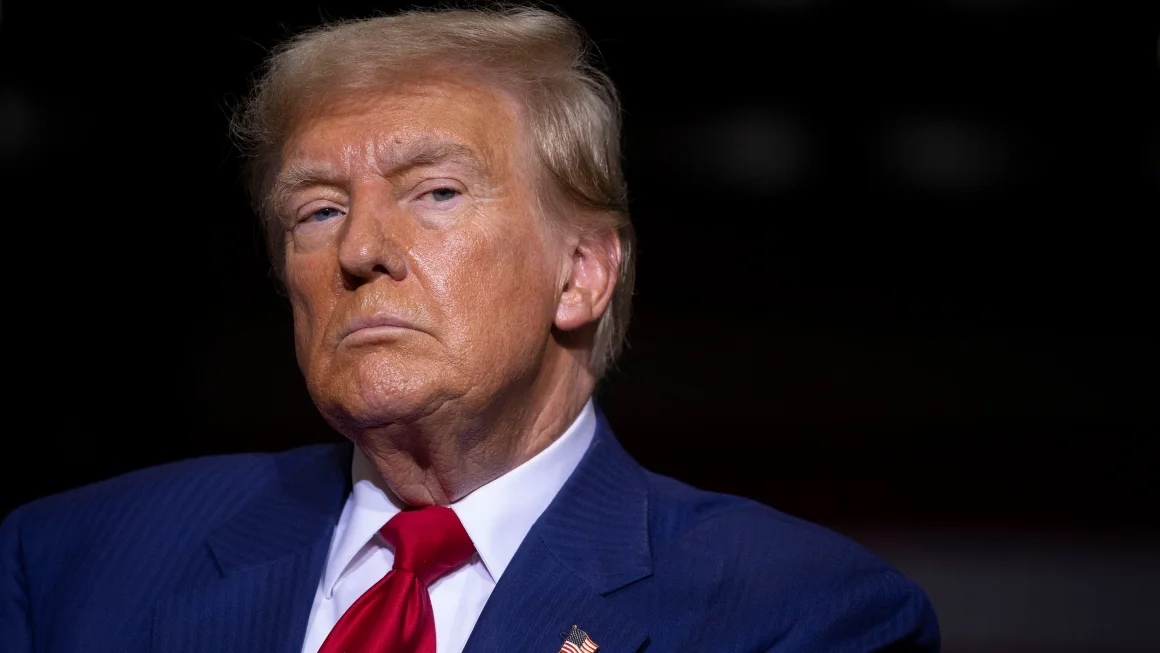
Now more than ever, we must support public media, not just for what it does today, but for the vital role it will play in the future of our democracy. We cannot afford to lose it.
